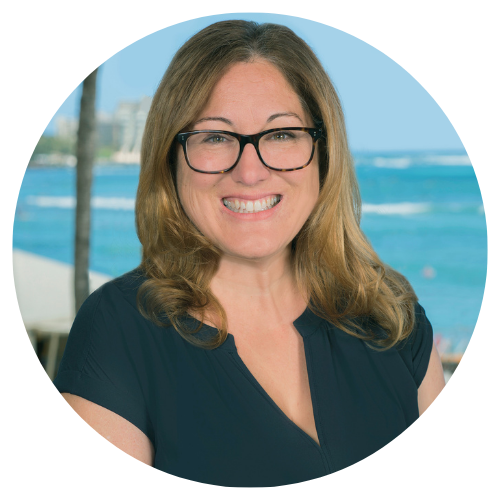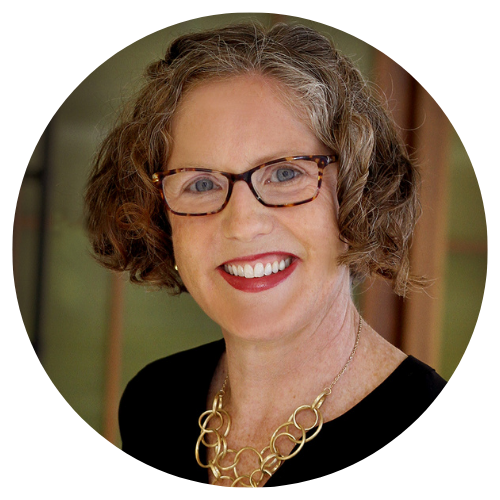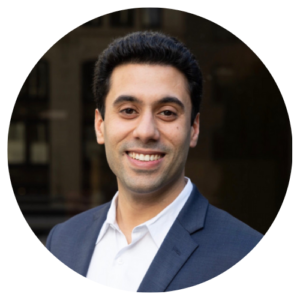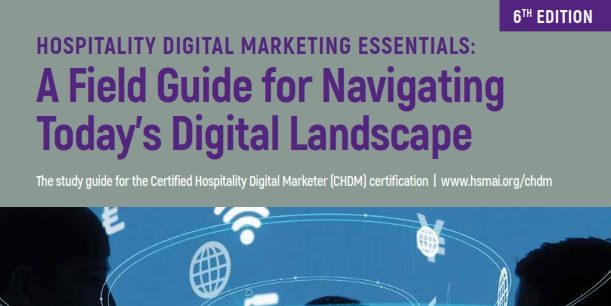Sales icon Cindy Novotny offers a preview of her keynote at HSMAI’s Sales Leader Forum next month — including why this is ‘a great opportunity to go forward.’
By Christopher Durso, Vice President of Content Development, Hospitality Sales & Marketing Association International (HSMAI)
The bad news for hospitality sales is — well, the pandemic. For 18 months, sales teams across the industry have been operating at skeleton levels, and they’re still struggling to staff back up. The good news, according to Cindy Novotny: This is a chance to do things differently.
Managing partner of Master Connection Associates and a recipient of HSMAI’s Award for Lifetime Achievement in Sales, Novotny will explain how during “Leading Sales Into a Post-Pandemic World,” the closing keynote session at HSMAI’s Sales Leader Forum in Charlotte on Oct. 26. Recently she offered us a preview of what she’ll be discussing.
What does leadership in hotel sales look like right now?
We’re so busy right now bringing people back, and it’s not all the same people. So many senior salespeople that were furloughed went off and became real-estate agents, went into other industries, and they said, “You know what? I can’t wait for this to come back because our business was hit harder than any other industry.” So, we have a lot of young people that have stepped into the roles.
Right now, we are training all these new young people coming in, because they’re not proactive sellers. They’re reactive. Energizing and motivating that team as a leader is absolutely critical, and there cannot be any excuses like “we’re just too busy with the leads that are flying in.” We have to look at all of what happened, which has been awful, as a great opportunity to go forward.
I look at this as revving up these sales teams and giving leaders some really good tools: Here’s the five things that you’ve got to walk away with — repositioning your hotel, looking at how we can use unoccupied rooms as offices, looking at how we can do a hybrid meeting so much easier than they can do in their law-firm office. Those sorts of things that are going to really bring it home.
Has the pandemic permanently changed anything about hotel sales?
One thing is, prior to COVID, I could barely get a salesperson to pick up the phone and talk to a customer. It was like, “Oh, I’m too busy. I just email.” That’s one thing we’re never going back to. You have to be creative in alternative ways to reach out to clients. People don’t want to just email — they want to talk to you, look at you. And because of so many Zoom and Teams calls, people are just accustomed to it.
The other thing is, corporate travel will come back, but now they’ve become accustomed to using some select-service properties. Where some corporate travelers were very spoiled, always staying in a four-star or even a five-star, now they’re like, “You know what? They had no services.”
The consumer is making decisions differently. Loyalty to the brand is not as big as it was, and that’s because none of the brands could do much for you anyway and there wasn’t a lot of opportunity. Nobody was traveling to use any of their comp stays, so using your American Express and getting points on that actually became more important.
Is there one takeaway that you would like your audience to leave with?
The one takeaway is that they have rolled up their sleeves for the last 18 months and they’ve been doing the work. Don’t fall back into bad habits. Don’t fall back into sitting in an office and doing reports. Stay out with the people. Stay out with your team. Be on calls. Be on site visits with customers. Hear what they’re saying. Make sales calls with your people.
The job is, I’ve got to lead a sales team forward, and I’ve got to be proactive and I’ve got to be energetic. You can’t beat up on these people, because they’ll just quit and go somewhere else. We can’t go back. We’ve got to stay very much engaged.
HSMAI’s Sales Leader Forum is being held in Charlotte, North Carolina, on Oct. 26, 2021. Learn more.



 Jenna Villalobos, CRME, vice president of commercial strategy for Outrigger Hospitality Group, has been in the revenue optimization game for more than 20 years, and this year she is HSMAI’s 2021 corporate Revenue Optimization Professional of the Year — an award that will be presented during HSMAI’s
Jenna Villalobos, CRME, vice president of commercial strategy for Outrigger Hospitality Group, has been in the revenue optimization game for more than 20 years, and this year she is HSMAI’s 2021 corporate Revenue Optimization Professional of the Year — an award that will be presented during HSMAI’s 

 For the first time ever, HSMAI is presenting the
For the first time ever, HSMAI is presenting the 

 Spanning many cities from Bangalore to San Francisco, Apurv Batra, CRME, has a track record of leading record-setting revenue generation strategies within large, geographically diverse, distinguished organizations. Currently an area director of revenue strategy for Hyatt Hotels Corporation, Batra is HSMAI’s 2021 single/multi-use Revenue Professional of the Year — an award that will be presented during
Spanning many cities from Bangalore to San Francisco, Apurv Batra, CRME, has a track record of leading record-setting revenue generation strategies within large, geographically diverse, distinguished organizations. Currently an area director of revenue strategy for Hyatt Hotels Corporation, Batra is HSMAI’s 2021 single/multi-use Revenue Professional of the Year — an award that will be presented during 
 Excerpted from Hospitality Digital Marketing Essentials: A Field Guide for Navigating Today’s Digital Landscape, Sixth Edition, by Dan Wacksman, CHDM, CRME, CHBA, and Holly Zoba, CHDM — the study guide for the
Excerpted from Hospitality Digital Marketing Essentials: A Field Guide for Navigating Today’s Digital Landscape, Sixth Edition, by Dan Wacksman, CHDM, CRME, CHBA, and Holly Zoba, CHDM — the study guide for the 

